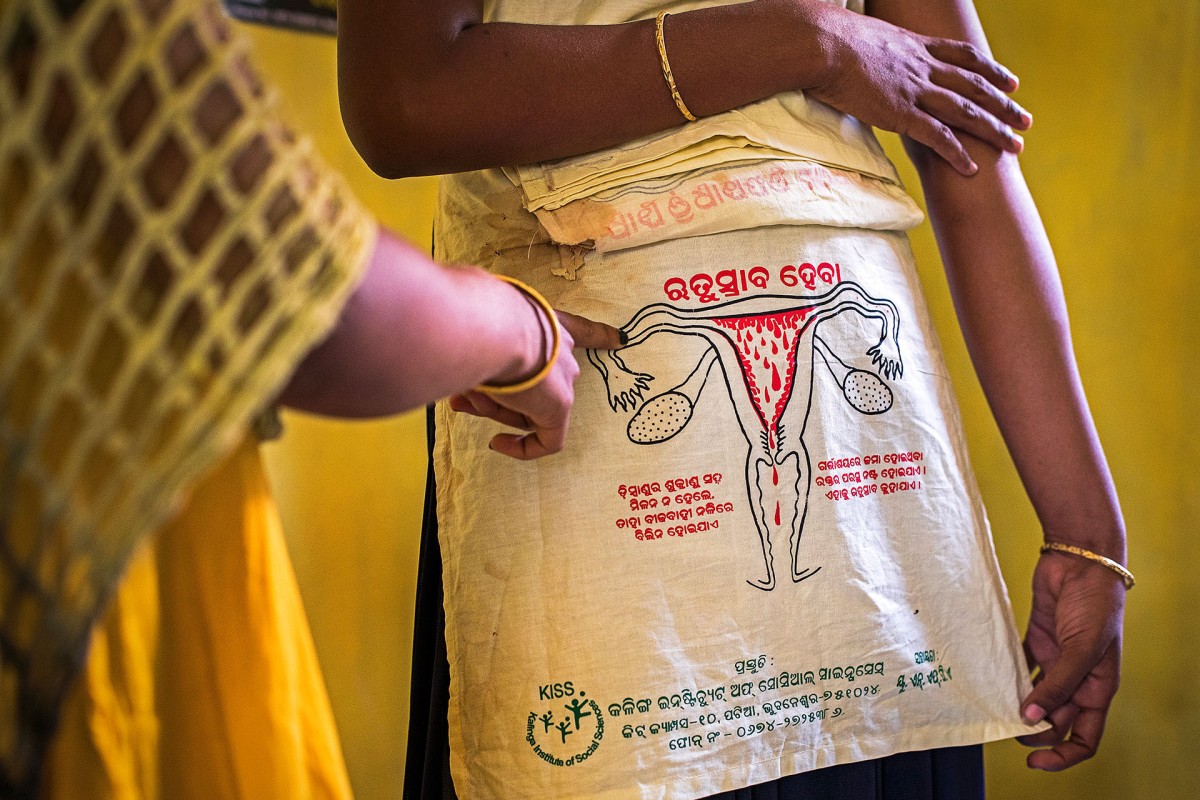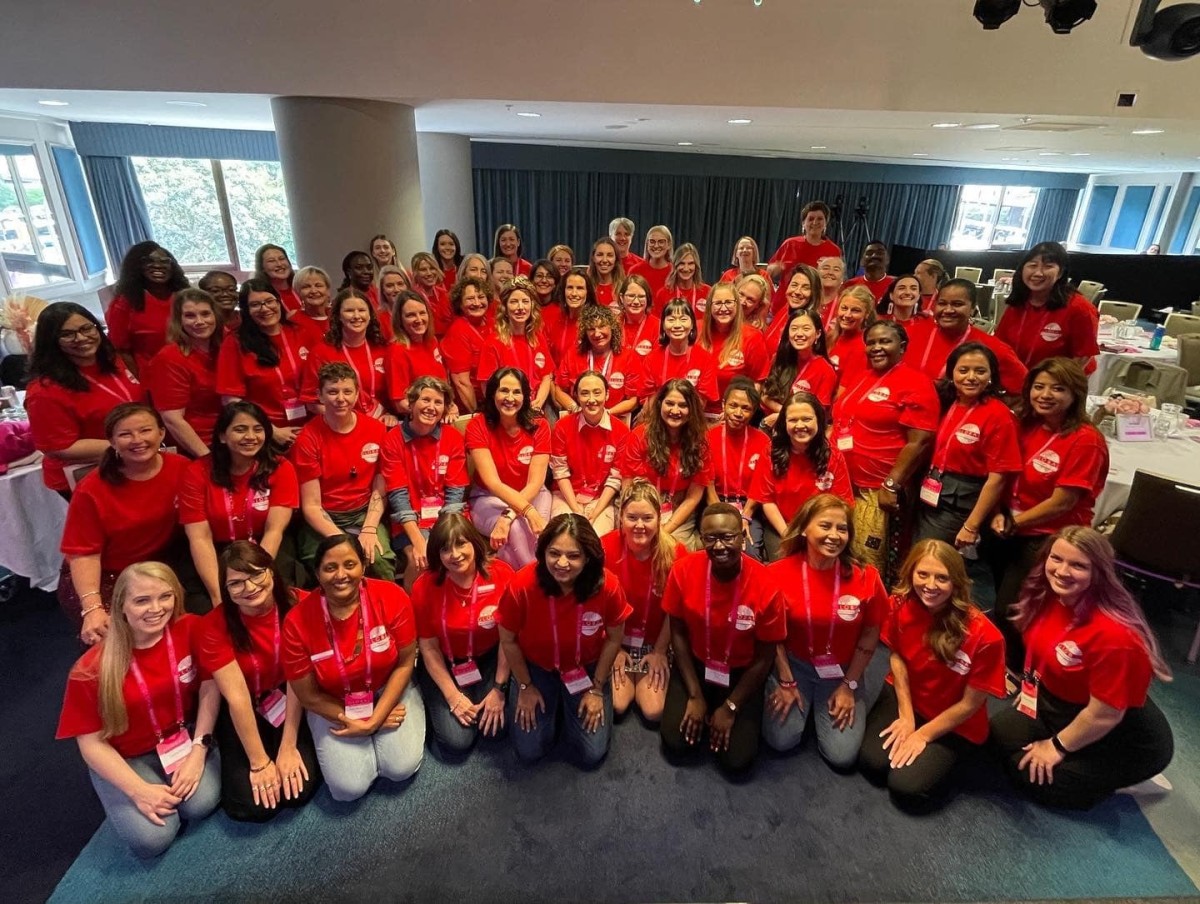Period poverty, a global problem
Global Period Poverty Forum – Brisbane, 10 – 12 October 2022 - By Angelina Yusridar Mustafa, programme coordinator and programme development officer of the Indonesian Perfect Fit project at Simavi
Every month roughly 1,8 billion people across the world have their period. So how come that they are still facing stigma, discrimination and restrictions simply because they are menstruating? I joined hundreds of people during the Global Period Poverty Forum in Brisbane to find out.
A worldwide problem
Even though Menstrual Health is a woman’s rights and it’s a key aspect to achieving gender equality there are still many barriers for menstruators worldwide to overcome before they are able to menstruate with enough knowledge, products and without stigma. Let’s look at some numbers and examples. In Indonesia, most parents don't discuss menstruation with their daughters, causing girls to have no knowledge of what menstruation even is.
And in India, more than 40% of the women and girls manage their menstruation unhygienically, therewith putting themselves at health risks. In Kenya, the availability of menstrual products is so limited, causing women to put in extra effort to afford the products, including sexual exploitation. In Uganda, it’s very difficult for menstruators to get menstrual products since many shops do not sell them and when they do, it is really expensive
In Ethiopia, there is a 52% chance of women knowing what menstruation was before having their menarche. In Bangladesh, many toilets are not women friendly, with doors that cannot be locked, without a permanent wall and limited water, making it uncomfortable and unsafe for women to use it. Or to change their menstrual products. And in Nepal the stigma on menstruation is so persistent that women are forced to stay in menstrual huts during their period, as if menstrual blood is a contagious disease.

The lack of menstrual health is everywhere
Don’t think that period poverty is a problem of developing countries. In The Netherlands 19% of girls and women between the age of 12 and 25 indicates that menstruation is not discussed within their families, and almost 48% of them feel ‘dirty’ when they are menstruating. And even recent research shows that in the Dutch capital 27 % of people who menstruate have been unable to afford to pay for period products at some point.In Australia, menstrual health literacy is inadequate causing women and girls in the country to not have enough information about menstruation.
And in most high income countries, little attention has been given to public facilities such as schools and workplaces adequately meeting the needs of menstruators. As you can see, the lack of menstrual health is everywhere. This is why, I flew to Brisbane, Australia in mid-October 2022 to join Global Period Poverty Forum: the first global forum on period poverty. Hundreds of people from around the world came to this event (both online and offline) to discuss menstrual health problems. Because we believe that no woman or girl anywhere in the world should face menstrual inequality, discrimination, indignity and shame. The three-day conference has brought the participants an opportunity to share, learn, and build network to create changes and to advocate for a positive impact for women and girls.

What needs to be done
One thing I’ve learned during the Global Period Poverty Forum is that despite many efforts to educate young people on menstrual health, the stigma persists. For this to change we need to build collaboration, advocate strongly and we need corporate engagement. And we need to do it together.
Furthermore women’s needs are different than that of men. This needs to be taken into account, especially in the WASH (water, sanitation and hygiene) sector. And lastly, I noticed that despite there being diverse speakers from around the world, all shared research was done by Western and developed countries. We need research results from developing countries on MH, done by locally led organisations, and only then we will be able to work on menstrual health and adhere to women’s needs on every level.
Did you like this article? Then take a minute to also read my column on why we need to do more on menstrual health in Indonesia.

